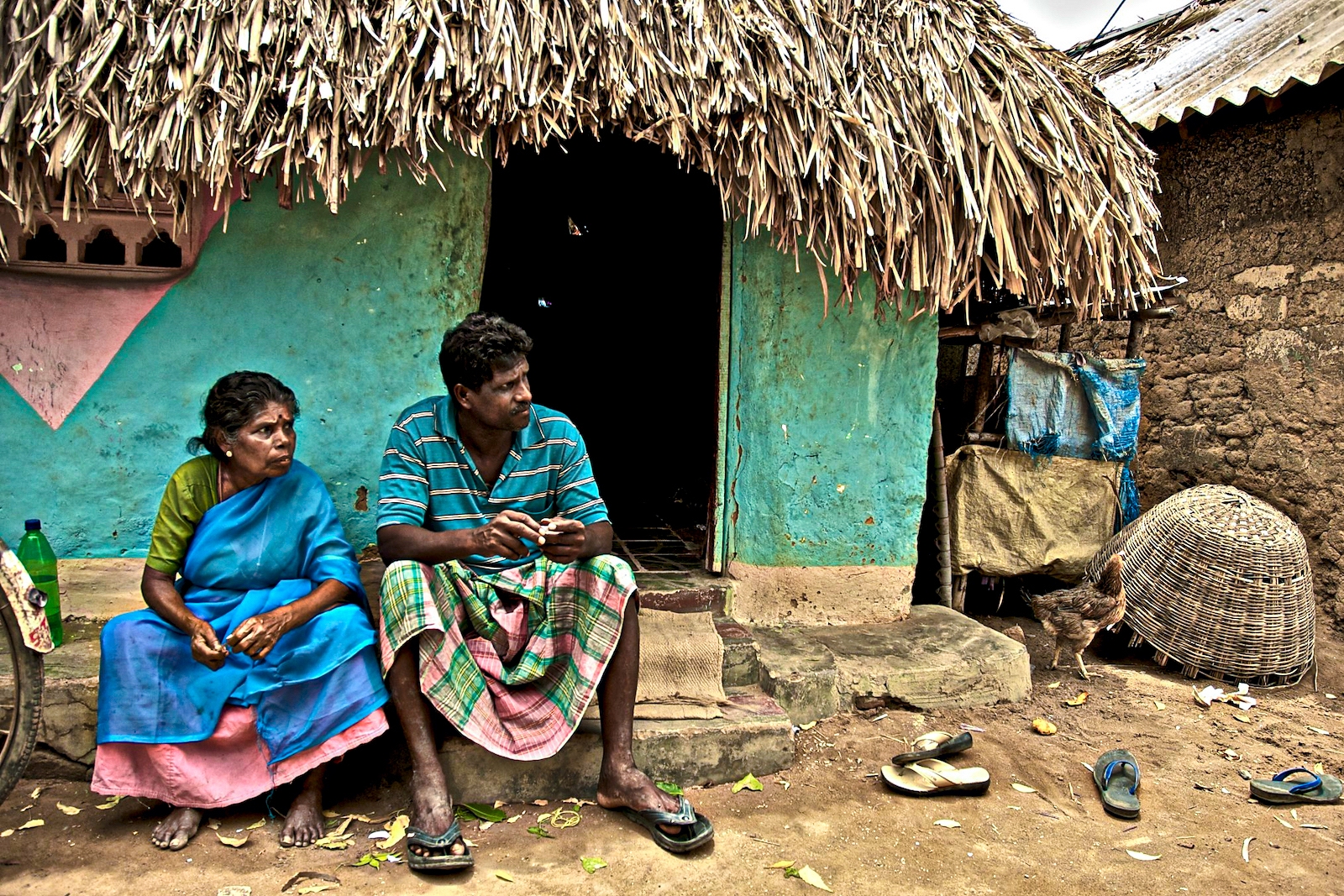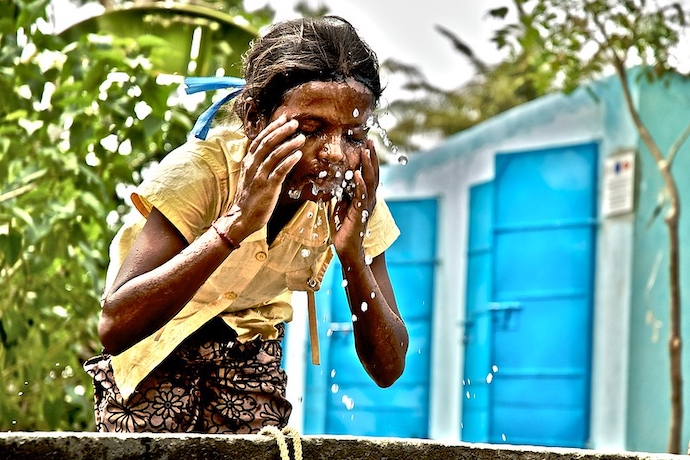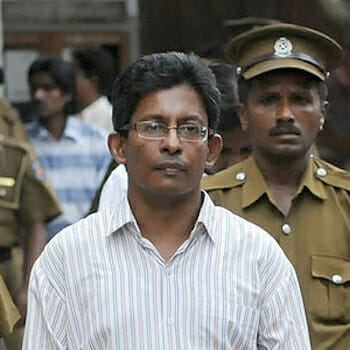
Without a Tamil Buy-in, Sri Lanka’s Quest for Change will Fail
Tamils in Sri Lanka protesting economic mismanagement, abuse of power, and corruption are demanding structural change. One idea being floated around is changing the country’s constitution. However, the proposals being offered do little for structural change or stability because they disregard Tamil concerns. Tamils must put forward their own proposals for power-sharing without which there will never be political stability.
Unfortunately, Rajavarothiam Sampanthan, the leader of the Tamil National Alliance, seems happy to delay discussions on Tamil issues. Sampanthan has said that once a “stable government” is established, he would hold discussions with Prime Minister Ranil Wickremesinghe to find a solution for the concerns of Tamils.
Previously, on at least two occasions, delays have cost Tamils dearly. In 2015, the Tamil National Alliance supported the incoming Sirisena-Wickremesinghe government. By the time other issues were dealt with and the Constitutional Assembly got underway in 2017, there was precious little time for Tamil priorities before the government collapsed in 2019. Back in 1977, the United National Party was to hold talks with the Tamil United Liberation Front on power-sharing with Tamils, but delays hastened the outbreak of violence between the military and armed Tamil groups.
In the past month, at least four sets of proposals have been made to amend the constitution. Each proposal does not meet a vision for structural change.
Among the proposals is to limit the powers of the president by appointing a constitutional council comprising parliamentarians and non-political officers who are well-respected members of civil society. The council would appoint officers to independent commissions for the national police and other public bodies. The commissions are responsible to parliament and act as a check on the president.

Sri Lanka’s Bar Association proposed abolishing the presidency and “replacing [it] with a parliamentary executive [prime minister].”
The Samagi Jana Balawegaya party proposals are more detailed. The proposals call for abolishing the presidency and replacing it with a cabinet headed by a prime minister responsible to parliament. The president would be elected by parliament and would be head of state and commander-in-chief, but not the head of the government. Independent commissions would be restored. There would be a constitutionally recognised National Security Council and Council of State to “provide non-binding advice to the government.”
A third set of proposals was put forward by over 200 grassroots organisations and activists that are part of the ongoing protests. The proposals call for the resignation of Gotabaya Rajapaksa, the country’s president, and setting up of an interim government. It says the appointment of the prime minister and cabinet of ministers “should be done through a party leaders’ conference.”
A final proposal put forward by the government, and the one most likely to become enshrined in the country’s constitution, does little to limit the powers of the president or make other structural changes. According to Sri Lanka’s Bar Association, “The president can continue to retain ministries, and assign himself any subject or function and take over subjects and functions of any minister.”
These sets of proposals present a grave threat to the Tamils. They do so in two areas.
First, although each proposal limits the power of the presidency by giving more power to parliament, this does not change the character of the state. The state remains unitary. In other words, since the biggest threat to Tamils is Sinhala Buddhism, parliament is still dominated by Sinhala Buddhists. Tamils will still lack agency.
Second, any commissions that are created will not protect the individual rights of Tamils and Muslims. Between 2015 and 2019 – independent commissions did little to curb militarisation, which led to the military occupying private and public land in northeast Sri Lanka. The government did little to protect Muslims from Sinhalese mobs after the Easter Sunday bombing by Muslim extremists. In other words, independent commissions are primarily responsible for a parliament that reflects Sinhala-Buddhist majoritarian rule.
Although some Sinhalese have called for fundamental political change, the proposals to the country’s constitution do not change Sinhala Buddhist dominance.
It is time that Tamils put forward their own demands for structural change – at least for power-sharing through a federal constitution. The time is now because they should be part of the blueprint for structural change. Although introducing a federal system means changing the constitution, which requires an election or referendum and probable rejection by the Sinhalese, it needs to be done.

